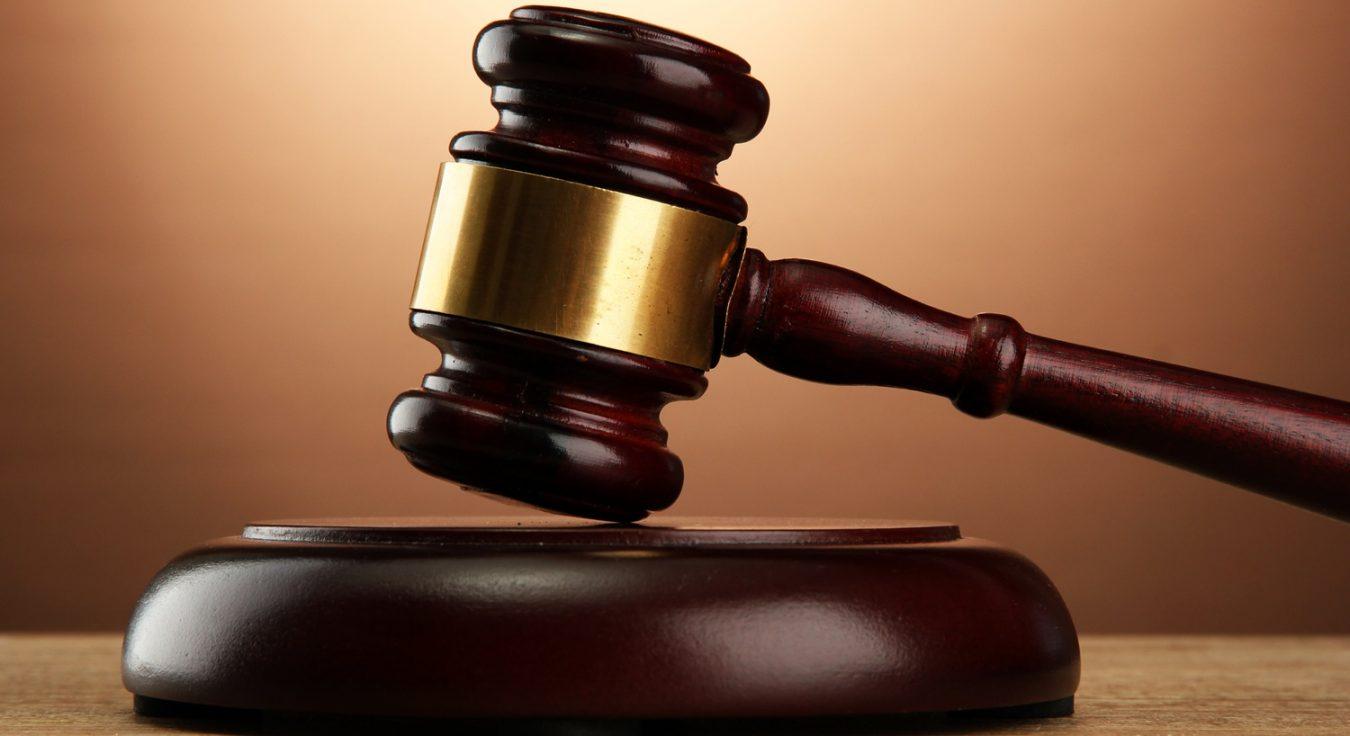HC reserves verdict in Nadimarg massacre plea
Post by Syed Rukaya on Wednesday, September 28, 2022

Srinagar, Sept 27: The High Court (HC) of Jammu & Kashmir and Ladakh Tuesday reserved its verdict on the 2003 Nadimarg massacre case which was reopened recently following the directions of the Supreme Court.
The court of Justice Vinod Chatterji Koul reserved the matter for judgment after hearing both the parties.
Previously, the court had recalled its order passed in December 2011 wherein it had upheld the trial court order dismissing a plea by prosecution (government) seeking examination of witnesses on Commission.
The court recalled the order after taking note of the Supreme Court order passed on July 16, 2015 in a Special Leave Appeal filed by J&K government asking the prosecution to file a recall application before the High Court to recall the order of December 2011.
The court was hearing a revision plea filed by the J&K government under Section 561-A seeking examination of 17 material witnesses related to the case.
The plea also challenged the order passed by Principal Sessions Judge, Shopian, on February 09, 2011 wherein the prayer seeking appointment of commission to examine the 17 material eye witnesses was rejected.
The prosecution submitted that the witnesses had migrated from Kashmir to Jammu and they were reluctant to depose before the trial court at Shopian in view of the threat perception.
In 2003, twenty-four persons including women and children belonging to the minority community were killed in a cold blood by a group of gunmen wearing army fatigues at village Nadimarg, Pulwama.
The challan of the case was filed against seven accused persons including the then LeT commander, Zia Mustafa, who was killed in an encounter, and six police personal, who were charged for commission of offences under Sections 302, 450, 395, 307, 120-B, 326, 427 RPC, 7/27 Arms Act and Section 30 Police Act at Police Station, Zainapora.
The trial court had discharged the accused police personal who were charged under section 302 (murder), however, the court charged them under Section 30 of Police Act accusing the police men of being guilty of cowardice.
As per the plea, the evidence under section 302/120 B is made out against all accused persons but the trial court has at the threshold discharged the accused police personnel persons under section 302/120 B and has charged them under section 30 of Police Act.
It was contended that all the accused persons were liable to be charged under section 302 but at the time of framing of charge the trial court has tried to "sift evidence" and find out contradiction in the statements recorded by the prosecution evidence in support of charge-sheet under section 173 Cr.P.C which in terms of settled principles of law is not power of the Court at the time of framing of charge.
The prosecution urged that either the challan deserves to be transferred to some competent court at Jammu so that evidence in the challan is recorded without any fear and terror and witnesses are able to appear before court and give statements before the court so that Court comes to a just conclusion and fear trial is conducted or it is bounded duty to issue commission and get the statements of the witnesses who have migrated to Jammu recorded through commission.
The plea stated that the trial court even failed to call the witnesses itself under section 540 and on that ground rejected the application under section 503 "which order is absolutely illegal and against the spirit of section 540 and 503 Cr.P.C."
"Therefore entire proceedings are liable to be set-aside," it contended.
The prosecution further contended that under section 540 Cr.P.C the court is empowered to summon the witnesses and is also empowered to recall or examine the witnesses already examined. Section 540 empowers the court to summon any witnesses in the circumstances of a particular case.
It stated that the trial court instead of summoning witnesses again fixed a time bound programme to prosecution for production of witnesses when it had to be done by the court itself under section 540 Cr.P.C.
"Therefore, the order passed by the trial court in February 2009 on the application filed under section 540 Cr.P.C is also liable to be set aside," it submitted.